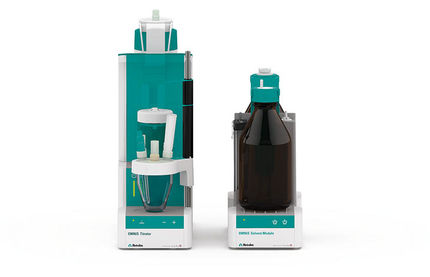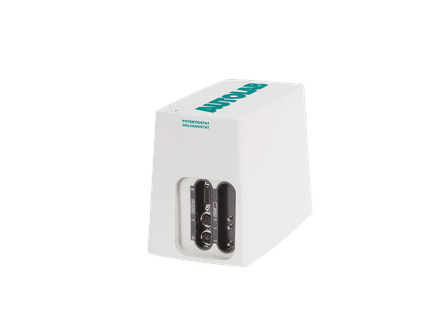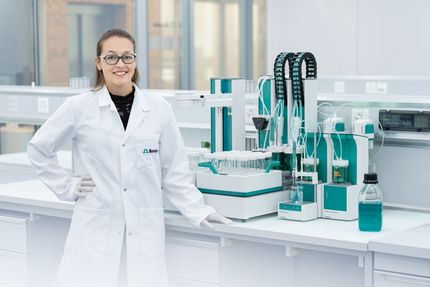To use all functions of this page, please activate cookies in your browser.
my.chemeurope.com
With an accout for my.chemeurope.com you can always see everything at a glance – and you can configure your own website and individual newsletter.
- My watch list
- My saved searches
- My saved topics
- My newsletter
Rheumatoid factorRheumatoid factor (RF or RhF) is an antibody against the Fc portion of IgG, which is itself an antibody; rheumatoid factor and IgG join to form immune complexes which contribute to rheumatological diseases. Product highlightRheumatoid factor can be measured in patients with suspected rheumatoid arthritis (RA). Rheumatoid factor can be either Type 2 (monoclonal IgM to polyclonal IgG) or 3 (polyclonal IgM to polyclonal IgG) cryoglobulin. IndicationsRF is often determined in patients suspected in any form of arthritis. It has relatively little use there, as positive results can be due to other causes, and negative results do not rule out disease. But, in combination with signs and symptoms, it can be diagnostic and prognostic. It is part of the disease criteria of RA. InterpretationHigh levels RF (generally above 20 IU/mL, 1:40 or over the 95th percentile there is some variation among labs) are indicative of rheumatoid arthritis (present in 80%) and Sjögren's syndrome[1] (present in almost 100%).[2] The higher the levels of RF the higher the possibility of a more destructive articular disease. There is a high rate of false positives due to other causes. These are:
References
|
||
| This article is licensed under the GNU Free Documentation License. It uses material from the Wikipedia article "Rheumatoid_factor". A list of authors is available in Wikipedia. |







